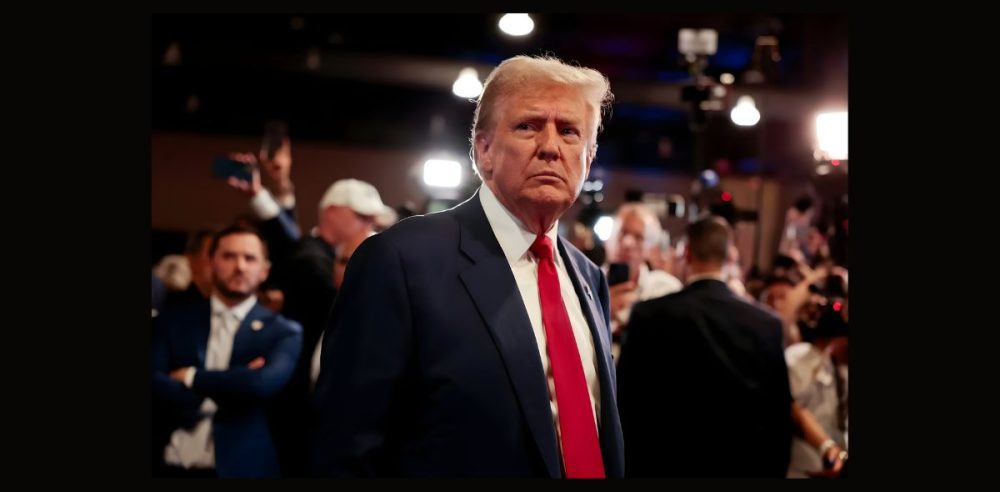President-elect Donald Trump was sentenced Friday to an “unconditional discharge” in his criminal case stemming from accusations of falsifying records in Manhattan.
Despite being convicted of all 34 charges, Trump was not sentenced to prison time, fines, or probation, and the court preserved his right to appeal the verdict.
The sentence came after a virtual hearing where Trump, appearing from Mar-a-Lago in Florida, sat alongside his defense attorney, Todd Blanche. Judge Juan Merchan, who had presided over the case for months, announced that this outcome was the “only lawful sentence.”
“After careful analysis, this court determined only lawful sentence that permits entry of judgment of conviction is an unconditional discharge…At this time, I impose that sentence to cover all 34 counts,” Merchan said. “Sir, I wish you Godspeed as you assume your second term in office.”
As reported by The Dallas Express, Trump was first indicted by a New York grand jury in 2023, marking the first time a former U.S. President has faced these types of criminal charges. The indictment stems directly from an investigation into allegations that Trump paid “hush money” to adult film star Stormy Daniels during the 2016 presidential election.
Trump, who will be inaugurated as the 47th President of the United States in just 10 days, reacted strongly to the proceedings. At one point, he called the case a “tremendous setback for the American court system,” also declaring it “a great embarrassment to the state of New York.”
Judge Merchan’s decision to issue an unconditional discharge effectively allows Trump to proceed with his business and political career unimpeded by any legal penalties from this case. The ruling aligned with Merchan’s earlier statements, indicating that he would not likely impose jail time.
Throughout the trial and sentencing process, Trump’s team posed several legal challenges, filing motions to delay or dismiss the case. He sought a stay from the New York State Court of Appeals and the U.S. Supreme Court, arguing that the legal proceedings unfairly targeted him as a presidential candidate.
However, both courts ultimately rejected his appeals.
The U.S. Supreme Court, in their decision issued late Thursday, denied Trump’s request for a stay, pointing out that the burden of sentencing was minimal and that the matter could be addressed through the usual appeals process.
Despite the legal setbacks, Trump has continued to assert his innocence, calling the case an example of “lawfare” and an attack orchestrated by the Democratic Party, according to Fox News.
Trump has previously said that a case like this has “never happened in our country before,” adding that he believed he was treated “very, very unfairly” throughout the process.


